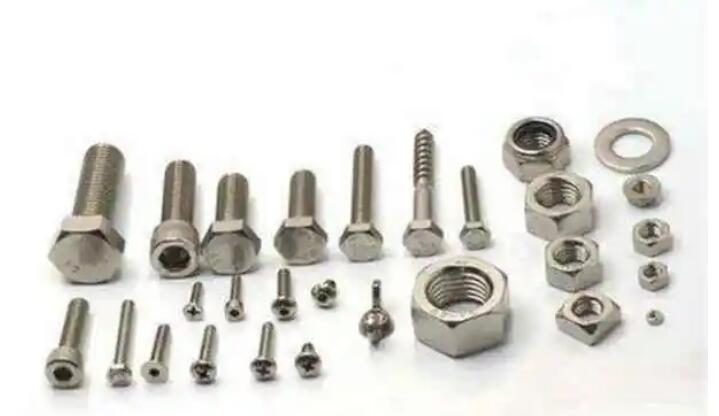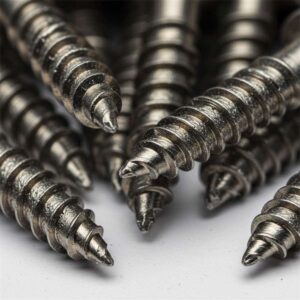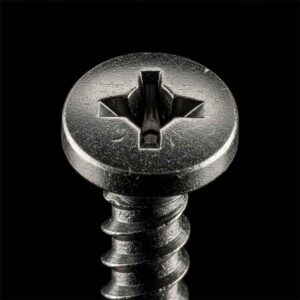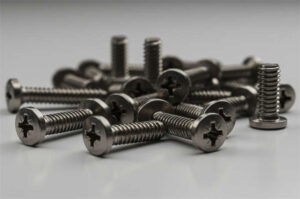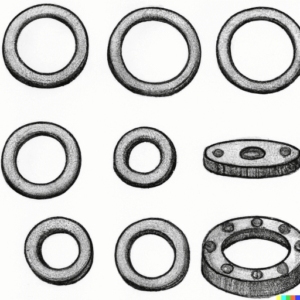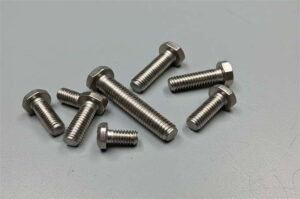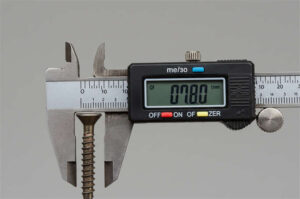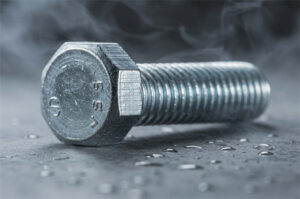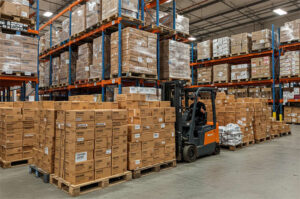Fasteners Bolts and Screws Safety and Maintenance
Different preventive measures have been implemented and practiced during the manufacturing of fasteners to ensure safety and high-quality components. And as important as it is to ensure uncompromised features of manufactured products, it is also crucial to have proper maintenance of the assembly. Maintaining the quality of fasteners is important to secure safety from failure such as damage, corrosion, rusting, etc. which will eventually determine the longevity of their use.
Here are some of the best fastening installation safety tips:
- Select the right type of fasteners. Determining the right type of fastener for a project is the major factor that will allow several benefits in the application such as performance and durability. Some of the common considerations to follow when selecting fasteners are their material, size, type, grade, threads, and finishing.
An example would be that wood screws can perform efficiently in applications like furniture assembly or household projects with the proper environment and conditions. The chances of damaging the materials of the surface and the screws can be reduced as they were designed to thrive in such applications.
- Use the right tools. When using fasteners to fasten materials together, the use of the right tools or accessories can influence the stability or effectiveness of the assembly as they can allow the successful positioning of the screws or bolts. More commonly, tools that are used for driving screws are screwdrivers, while bolts are usually installed by a wrench or powered tools.
- Wear safety gear. Wearing protective gear is as important as using the right tools when installing fasteners. It can enable safety from accidents that may cause injuries to the workers or even after installation. Some of the safety precaution gear that can be used is wearing glasses/goggles, gloves, helmets, and others.
Regularly maintaining fasteners can prevent any kind of damage that can cause corrosion or deterioration of the materials on the assembly. Every type of fastener has its manufacturing characteristics that act as a guideline to proper life service and longevity of use.
Here are some of the proper maintenance tips for fasteners:
- Lubricate. Lubricating fasteners can be done during installation and removal to prevent breakage of the threads. It also helps in eliminating corrosion of the materials, and cleaning and protecting the fasteners from moisture, dust, or chemicals are other methods of maintaining their durability.
- Use air pressure cleaner. Pre-drilling the surface of the application is the first step of installing fasteners, often the hole is prone to having debris which may affect the insertion of the fasteners. Using an air pressure cleaner is the best option that can enable a clean slot for inserting the threaded fasteners in the hole.
- Use anti-loosening devices. Nuts are known for their unique function to tighten bolts or screws in assemblies. They also help with friction due to constant vibrations or movements which prevents any type of loosening or damage on the thread of bolts. Another known device that bolts can be dependent on is washers, they help with distributing the load and implementing further tightness of the assembly.
Get professional fastening tips and support from a leading fastener manufacturer and supplier. Prince Fastener has delivered millions of high-quality industrial fasteners worldwide for over 30 years. Contact us here to know more about our capabilities and services.
